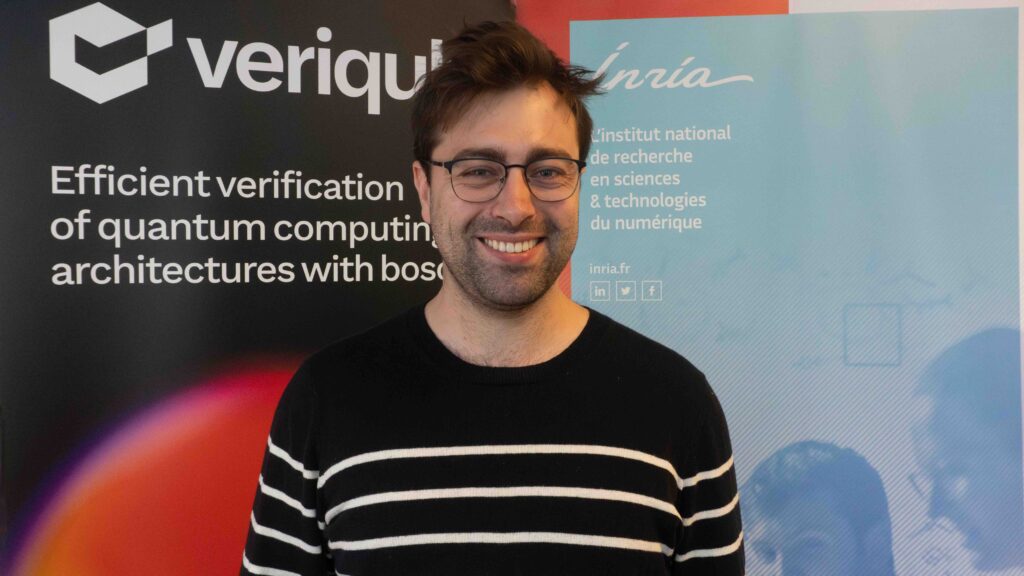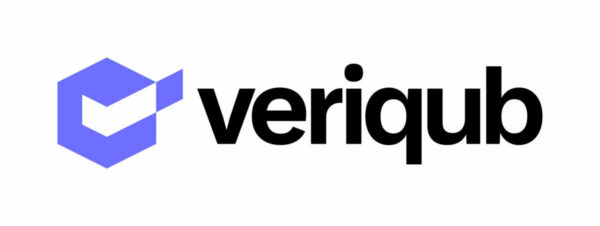
What is your role in the Veriqub project, and what are you currently working on in the project?
I am a recently hired INRIA/QAT postdoc, hosted by the École Normale Supérieure (ENS-PSL) in Paris. My current research focuses on characterizing the resourcefulness of various bosonic elements (i.e. states, transformations, measurements) from a phase space perspective. The emphasis is on Wigner negativity, stellar rank, and how to generate robust witnesses thereof using continuous-variable measurement data. This also includes classical simulations of bosonic circuits, with the end goal of understanding the minimal physical requirements needed to obtain a computational advantage.
What is your background in terms of previous work experience and academic discipline, and which specific perspective(s) does that background contribute to Veriqub?
My background is in physics, with a master’s from the University of Toronto and a PhD from the University of Waterloo & the Institute for Quantum Computing (IQC). My doctoral research was on understanding what happens to Wigner negativity and stellar rank – key resources in bosonic computing – when the shape of phase space changes from the plane to the sphere (i.e. the domain of higher-spin particles and symmetric many-body qubit systems). This research offered insight to the underlying structures present in all phase-space techniques, many of which are important for the work of Veriqub. The first time I became aware of bosonic computing architectures was during a quantum optics class at Toronto, which incidentally was also when I became enthralled with phase-space techniques and their applications.
What are the aspects you’re most excited about for the release of the Veriqub project?
One of the most exciting aspects of the Veriqub project to me is the collaboration with the experimental teams at Chalmers University and Laboratoire Kastler Brossel. While it is important for theoretical studies to be pursued, it is critical to understand what is possible today vs what is possible tomorrow. So as a theorist working on, for example, the verification of abstract bosonic resources such as stellar rank, I am excited to analyze realistic datasets and get closer to the architectures of superconducting circuits and optical platforms (without accidentally bumping into a laser).
What is the one thing that you desperately need in your daily work routine?
Daily chats with colleagues, including those not immediately related to my research. It is a fantastic way to bounce ideas off one another and to learn what others are up too – you never know when different scientific topics are secretly connected.
Could you also talk about an activity that helps you release stress after a hard week at work?
I am grateful for this postdoctoral opportunity in France and am often walking around Paris to relax and learn more about the city. Hiking and movie-going are also high on the list.
